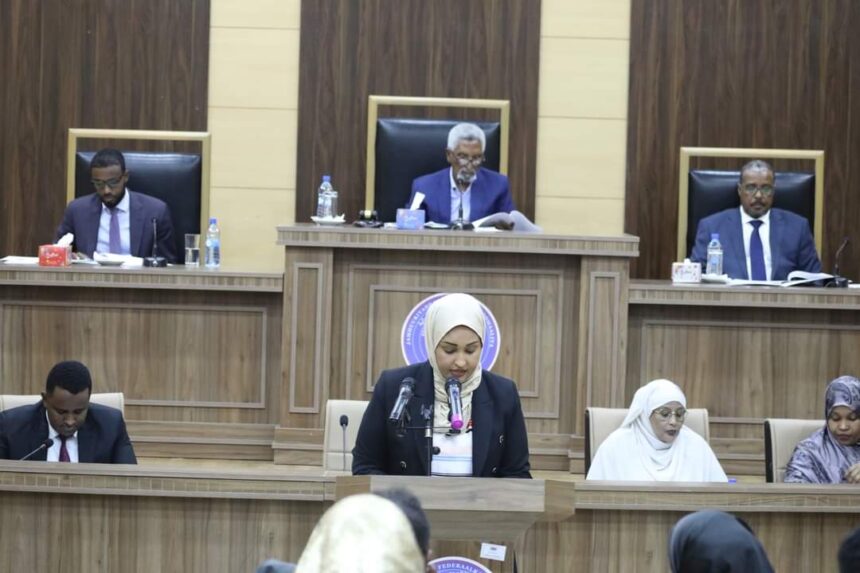The Upper House (UH) of Somalia, established in 2016 with 54 seats, is part of the bicameral Federal Parliament. It plays a key role in lawmaking and representing the states. However, constitutional anomalies regarding its composition, as well as the de facto status of Federal Member States (FMS), have hindered the Upper House’s effectiveness and relevance.
The Constitution mandates a bicameral system where both houses must agree on proposed laws. However, infighting and disputes between the Upper House and House of the People have led to the suspension of the Upper House’s legislative work. As a result, the Executive has bypassed the Senate, establishing national commissions and passing critical legislation without its consent.
The current Senate is politically ineffective and fails to meaningfully represent the states. It has been unable to resolve recurring disputes between the Federal Government and FMS or protect FMS from government interference in state elections. Additionally, the constitution mandates equal representation of FMS in the Upper House, yet some states are overrepresented while others are underrepresented, leading to ongoing grievances.
The 2021 Upper House elections were delayed for over a year, and the process was marred by low candidate turnout, limited competition, high registration fees, and widespread vote-buying. These issues have undermined hopes for a government that respects the constitution and delivers services effectively.
To enhance the Upper House’s relevance, its constitutional anomalies must be addressed, the legal status of FMS clarified, and fair and equal representation for all states and communities ensured. Future elections should be managed by an independent commission, with direct elections to avoid further manipulation.








Leave a Reply